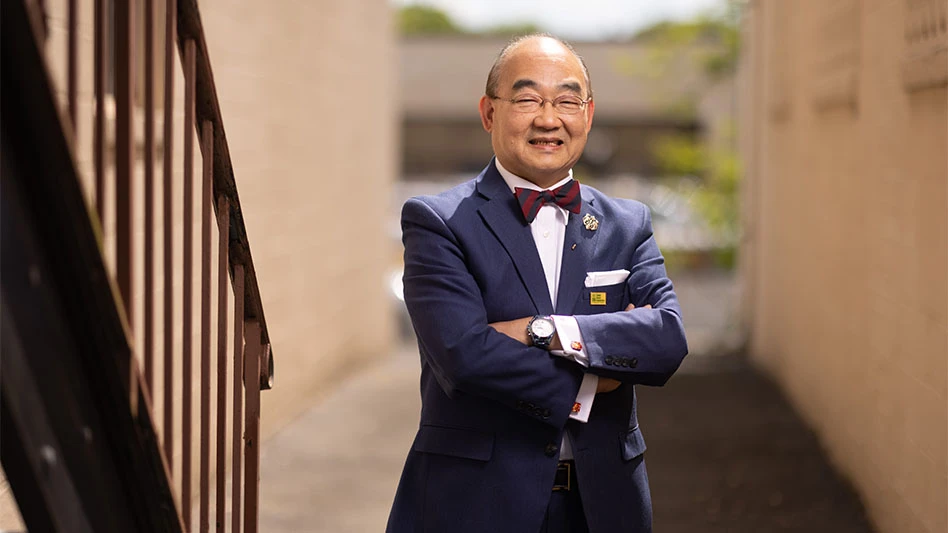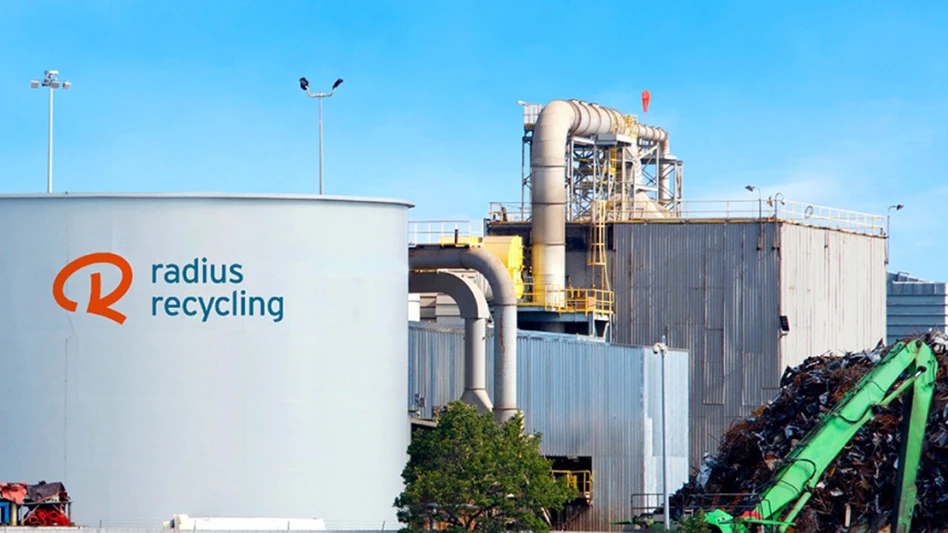
Photo courtesy of NextLoopp
Nextloopp, the global multiparticipant project that is using commercially proven technologies that include markers to separate food-grade polypropylene, or PP, and decontamination technologies designed to ensure compliance with food-grade standards in the EU and the USA, has completed the first full-scale packaging production trials using its PPristine food-grade resins.
Mannok Pack, a leading thermoformed food packaging manufacturer in the U.K. and Ireland, ran the trials at its County Cavan facility in Ireland, producing a range of products through injection molding with an in-mold label through conventional sheet extrusion and thermoforming. According to Nextloop, the finished packs showed “excellent visual and processing characteristics with only minor but acceptable product variations between the 30 percent rPP pack and the virgin PP pack.”
Mannok General Manager Mark McKenna says the packaging made with rPP demonstrated the huge potential for this project. He adds that he feels confident the project is poised to help the industry move toward closing the loop on food-grade PP, according to a news release from Nextloopp.
Helene Roberts, CEO of U.K.-based custom packaging manufacturer Robinson PLC, adds, “We were delighted with the results of these initial trials using the food-grade rPP material from Nextloopp that produced very similar aesthetics and performance to our current virgin-based products and little disruption to the manufacturing line.”
Professor Edward Kosior, founder of London-based global sustainability consultancy Nextek Ltd. and Nextloopp, says he was pleased with the trial results, describing PP as the “most prolific food-grade polymers.”
As Nextloopp finalizes the dossiers for its application to European Food Safety Authority and U.S. Food and Drug Administration for food-grade accreditation, it also is working in with industry bodies to advise on new design guidelines for food-grade circular recycling based on findings from these trials.
Latest from Recycling Today
- Bluewater streamlines solar panel replacement, recycling in Bermuda
- Steve Levetan to receive ReMA Lifetime Achievement Award
- ReMA, Germany’s VDM issue joint tariff statement
- Singapore EAF melt shop idled
- LME reports healthy trading volumes in Q1
- Hyundai adds dealer in Wisconsin
- Study finds recycling symbols largely recognizable
- Reworld announces executive leadership transitions






